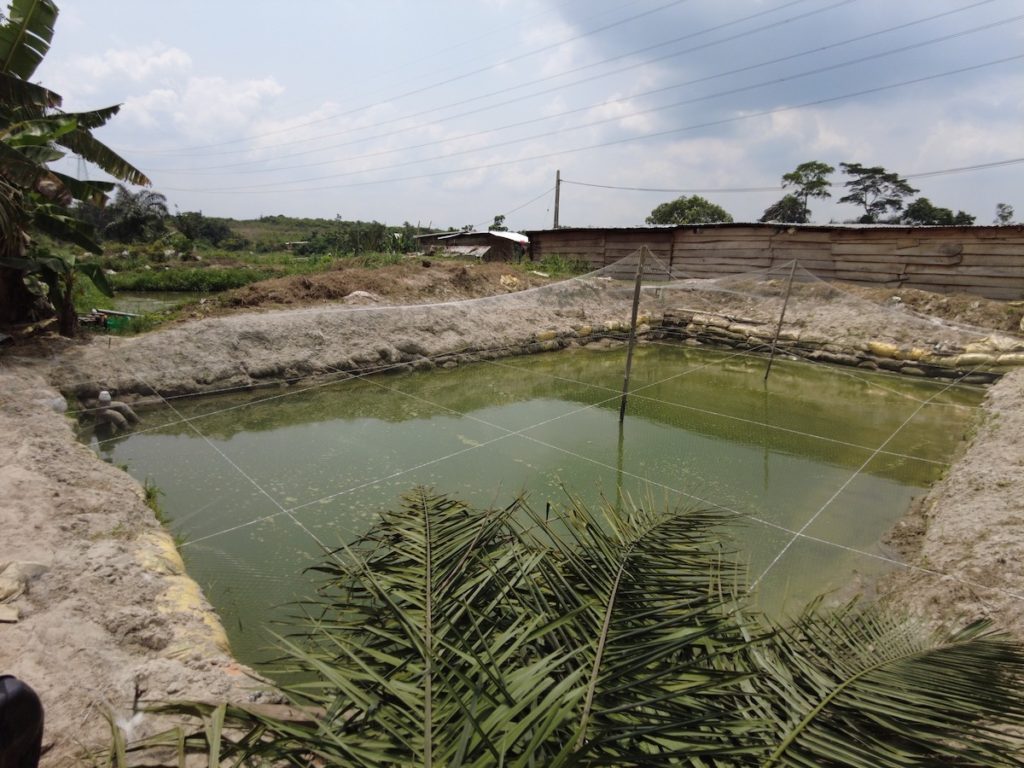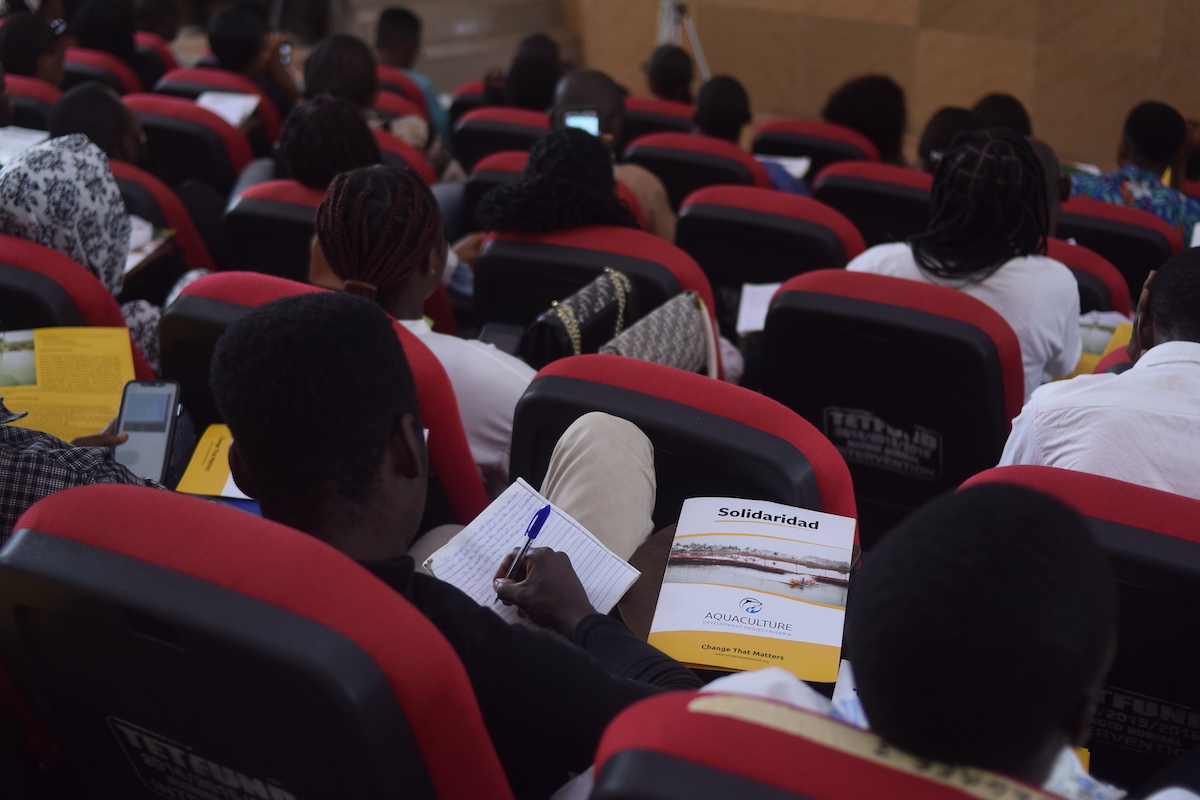Aquaculture will be a mandatory course during the school’s three-year certification and degree programmes. Dr. Adeola Lukman, Provost of Tai Solarin College of Education, said the vocational training on aquaculture will build students’ entrepreneurial skills and enable graduates of the college to be self-employed.
“Students will graduate with dual opportunities. Besides receiving their teacher certification, they will also be certified as aquaculture specialists,” Lukman said.
“Students will graduate with dual opportunities. Besides receiving their teacher certification, they will also be certified as aquaculture specialists.”
Dr. Adeola Lukman, Provost of Tai Solarin College of Education
Solidaridad is establishing a catfish demonstration pond on the school premises to ensure that students receive hands-on skills through the programme. According to Equi Nwabudike, Project Manager at Solidaridad Nigeria, the demonstration fish pond will feature an In-Pond Raceway System that will support aquaculture learning. This state-of-the-art technology allows for water and nutrient recycling to minimize potential sources of pollution.

Pond water is cycled through a sludge chamber, which collects solids that can be used as fertilizer. The residual water is then channeled into a nearby integrated vegetable farm for producing additional income opportunities. This contained system minimizes the impact of wastewater.
“The In-Pond Raceway System improves efficiency and achieves a high level of feed performance and fish survival,” says Equi. “The system will include Tilapia and other fish species stocked outside the raceways to assist with water quality and disease management and ensure product diversification.”
The college has donated 30 hectares of land for construction of the demonstration pond with plans for expansion and continuation of the programme after its end.
The Aquaculture Development Project Nigeria is implemented in the Eriwe Fish Farm Village, one of the largest cooperative fish clusters in Sub-Saharan Africa, with more than 1,300 farmers cultivating catfish in over 4,000 traditional earthen ponds. The project is building the capacity of fish farmers in modern and climate-smart practices.
Solidaridad implements the project in Nigeria in partnership with Aller Aqua, AquaMind, OxyGuard, Tai Solarin College of Education, and the Ijebu Development Initiative on Poverty Reduction, with funding from the Danida Market Development Partnership.
Read more about the programme here.

